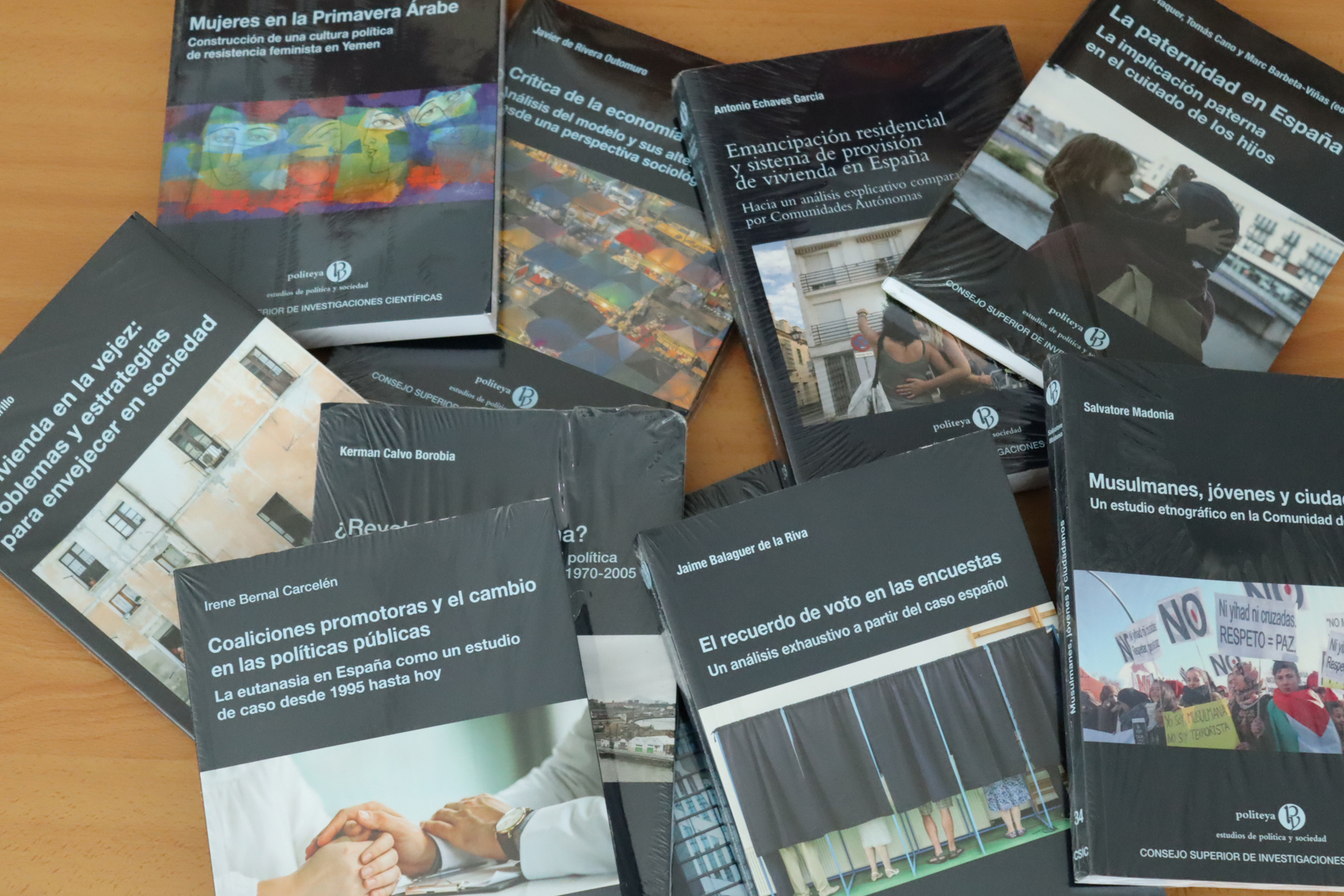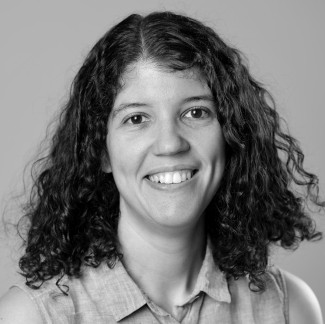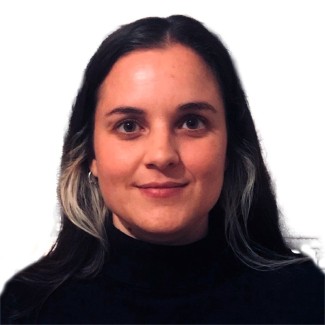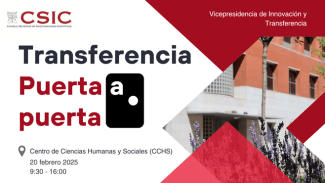Vidal, G., Thiemann, A., Salazar, L. & Noguera, J.A. (2025). Bridging the wealth gap: Simulating universal inheritance in four EU countries

Abstract. The idea of a Universal Inheritance (UI) has been recently gaining weight amongst scholars concerned over increasing wealth inequality. A UI consists of a one-off public payment of an agreed sum to each citizen of young adulthood. In this article, we provide the results of novel simulations to assess the cost and the distributive impact of such policy by testing different parameters for both the benefit amount and its financing.











